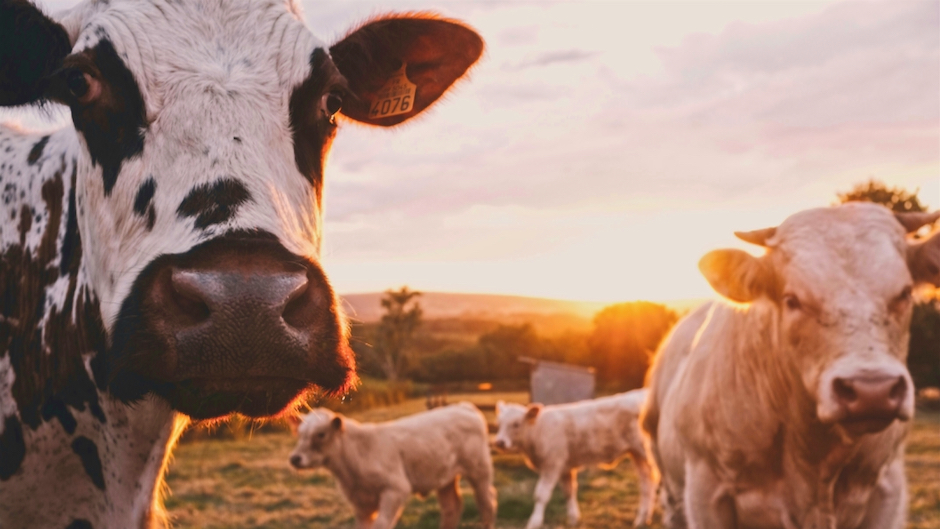Excess temperatures cause low flocking concerns
University of AdelaideHigh temperatures during critical periods of the reproductive cycle of sheep result in 2.1 million fewer lambs produced in Australia each year, costing sheep farmers an estimated $97 million annually.

































.jpg&width=400&height=400)








